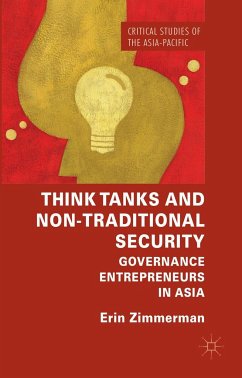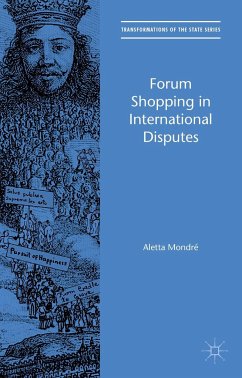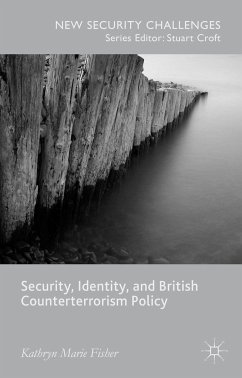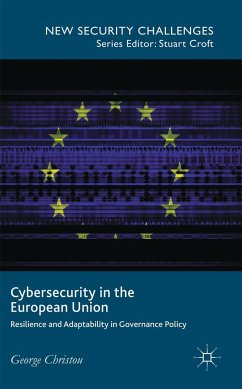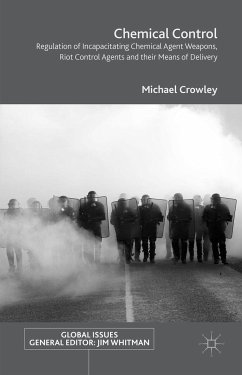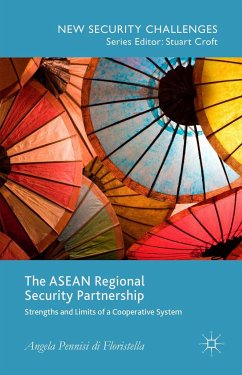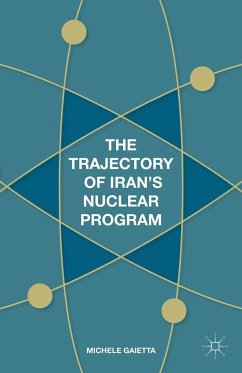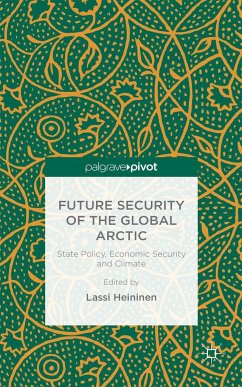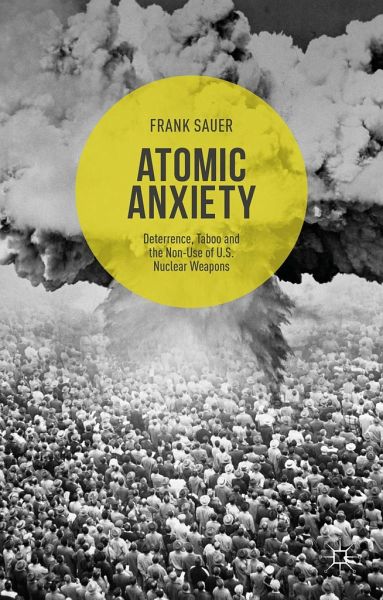
Atomic Anxiety
Deterrence, Taboo and the Non-Use of U.S. Nuclear Weapons

PAYBACK Punkte
49 °P sammeln!
With the concept of 'Atomic Anxiety', this book offers a novel perspective on one of the most important and longstanding puzzles of international politics: the non-use of U.S. nuclear weapons. By focusing on the fear surrounding nuclear weapons, it explains why nuclear deterrence and the nuclear taboo are working at cross purposes in practice.





